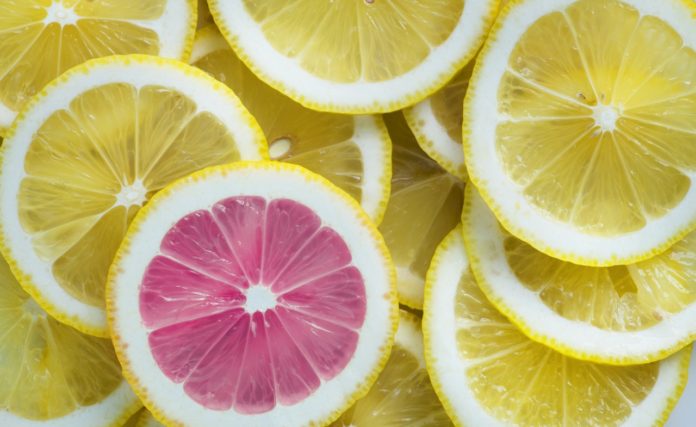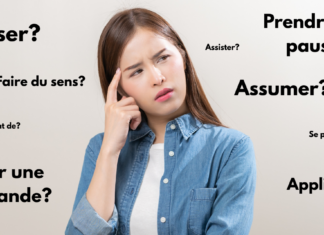If you’re taking language courses and you have to write a long written work for a class, you might notice you often use the same words a lot to express feelings or to describe someone. French, like English, has many basic adjectives that can be used daily to express how one feels. However, it can be extremely boring to use the same four adjectives all the time. Here are some various French adjectives to learn!
You should learn the 200 most used French words. But it’s also important to add know synonyms in order to enrich a text. So, we’ve come up with 10 of the most basic French adjectives people use every day and added more interesting synonyms to enrich your texts!
Clever Synonyms to Use
Beau/belle

When you tell someone they are beau (belle is feminine) it means they are good-looking, pretty, attractive. If you want to be a little more expressive and describe a character better use these French adjectives: mignon (cute), superbe, éblouissant, ravissant (a great beauty), canon (smoking hot!), élégant (elegant), divin (divine). These words can help you be more specific when you express the beauty of your characters.
Grand/grande

Writing down someone or something is grand is kind of banal. How tall is this character or how vast is this room? Using more specific synonyms will help the reader understand exactly how tall this character should be or how large an area is. You can use synonyms like: immense (huge), étendu (vast, wide), colossal (colossal), monumental (monumental), interminable (interminable).
Triste

There are a lot of different degrees of sadness. You can be just a little sad or you can be crying buckets, not able to leave your house for a whole week. Use these French adjectives to really express how triste someone is: attristé (saddened), morose (morose), mélancolique (melancholic), malheureux (unhappy).
Content/contente

Saying someone is happy is so boring and this word is overused. Having a rich vocabulary can really add something to a text so it’s time to use other words to express someone’s happiness: heureux (happy), satisfait(e) (satisfied), ravi (pleased), enchanté (delighted), réjoui (glad), emballé (thrilled).
Fâché/fachée
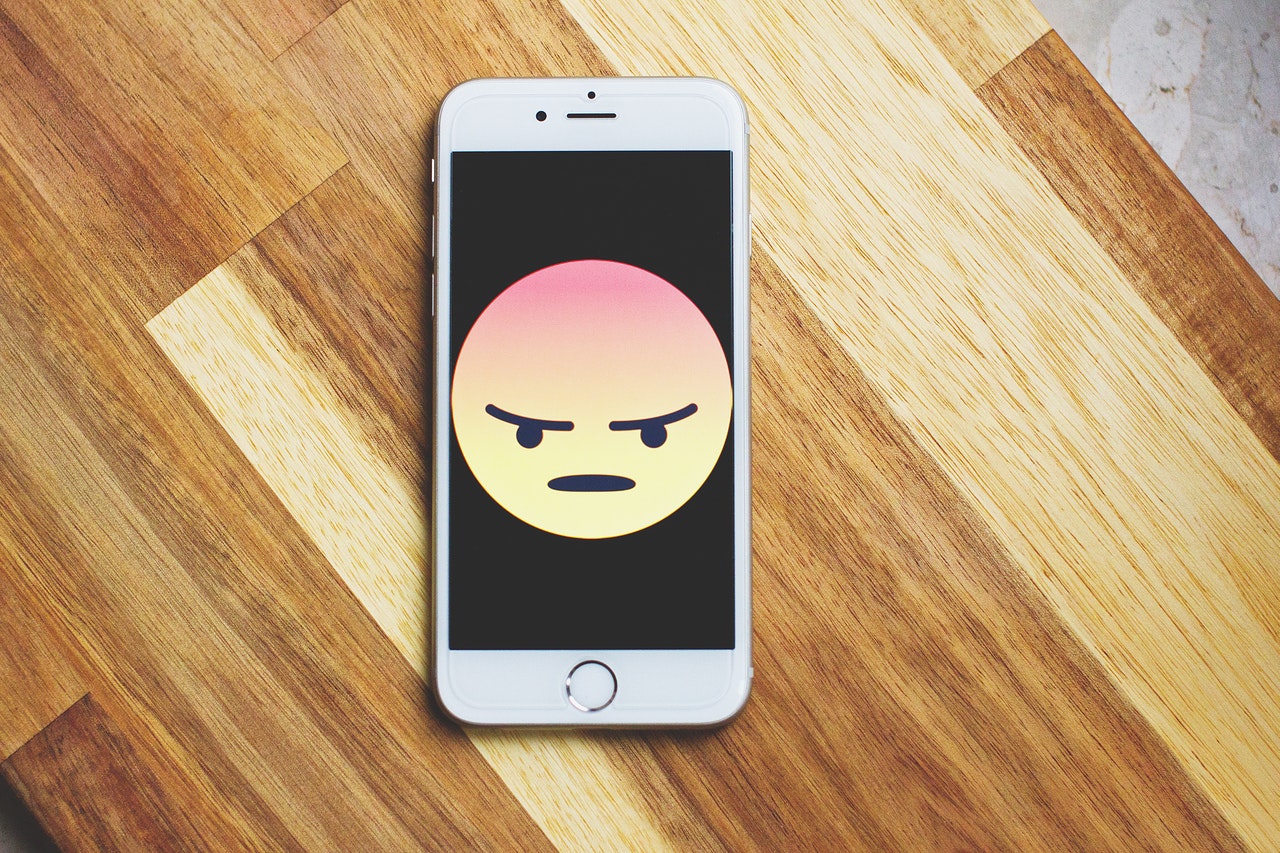
There are a lot of different degrees of anger. From being annoyed to boiling with anger, there are a lot of feelings in between that can express different types of anger. Use these synonyms to say the exact the perfect amount of anger someone is feeling: contrarié (frustrated), mécontent (not happy), insatisfait (unsatisfied), bouleversé (upset), vexé (miffed), furieux (angered).
Intelligent/intelligente
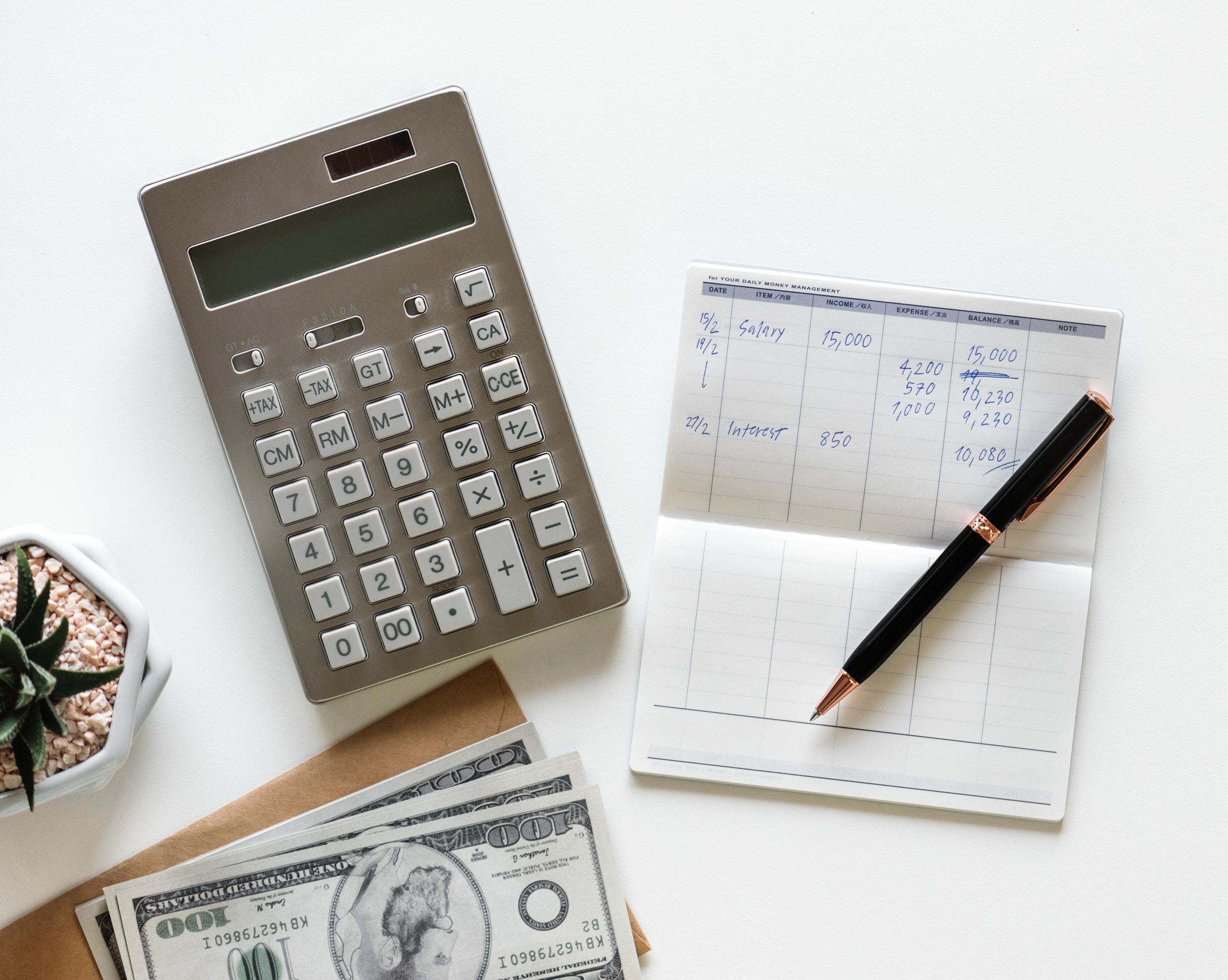
This is another adjective that is often used in texts and stories. Saying someone is intelligent is fine, but if you really want to elevate your work, then use a synonym that will really make you look intelligent! Doué (gifted), brillant (brilliant), aigu (sharp), ingénieux (ingenious), malin (astute), adroit (clever).
Chaud/chaude

Is this drink warm or piping hot? Like all the previous examples, it’s nice to be more specific when writing down something is hot. Here are some excellent French adjectives you can use as synonyms: bouillant (boiling), fébrile (feverish), oppressant (oppressive), suffocant (suffocating), tropical (tropical), caniculaire (searing heat).
Différent/différente
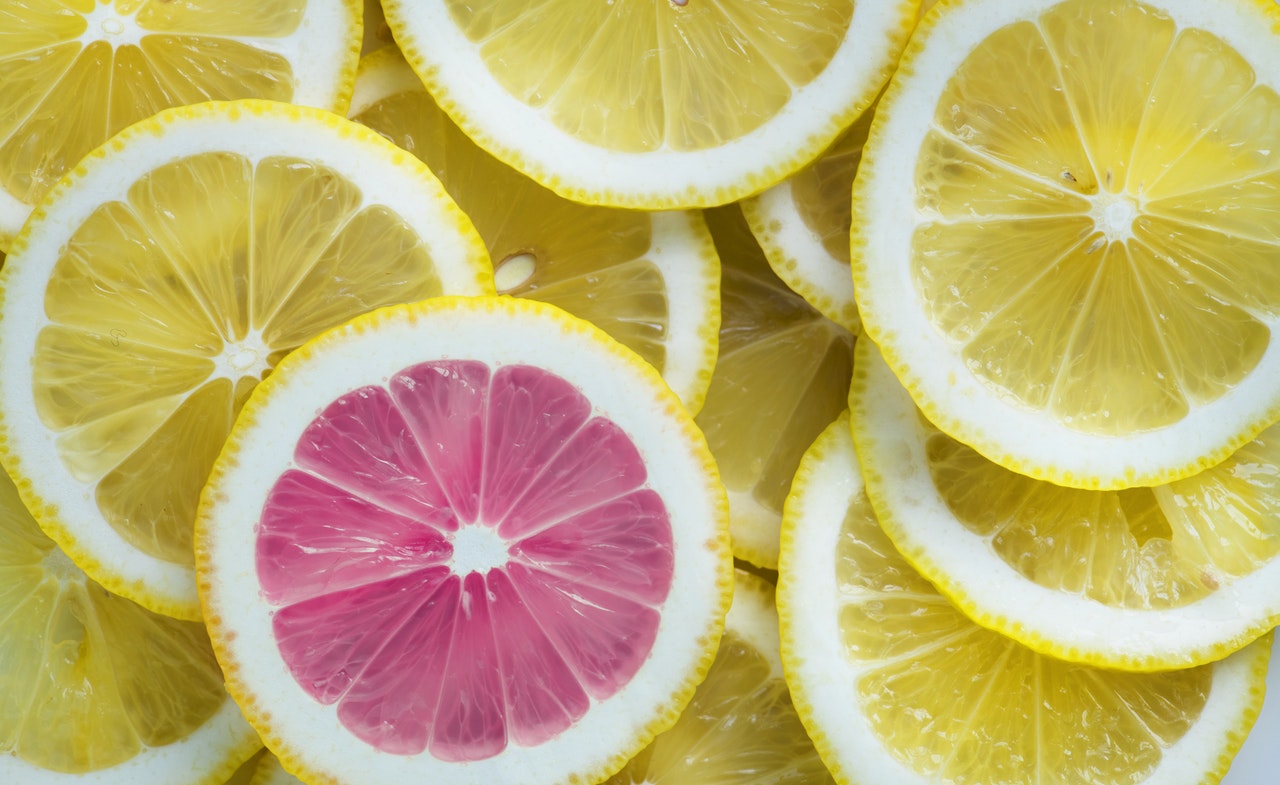
Again, using the word différent is pretty basic and boring. If you want to evolve in your writing, you can’t always use the same words. You want your reader to be truly interested and impressed with your vocabulary. Use these synonyms and try to stop using this word: distinct (distinct), dissemblable (dissimilar), original (original), particulier (particular), unique (unique), singulier (singular).
Important/importante

If you say someone or something is important then people will understand it is something (or someone) that needs to come first, but if you use more specific words, they will understand their real importance. Try these synonyms instead: crucial (crucial), essentiel (essential), majeur (major), fondamental (fundamental), incontournable (inescapable), notable (notable).
Drôle

Was the comedian funny or was he hilarious? There are so many nuances when you use specific words. When you start writing important papers, every word you use needs to have a purpose. One precise word can have a lot of meaning so it’s truly vital to choose the right one: bouffon (zany), comique (comical), tordant (hilarious), gai (jolly), cocasse (quirky), risible (laughable).
When you’re speaking French, do you remember to use French adjectives?

